Indonesian thug life foiling Prabowo’s foreign investment dreams
Prabowo Subianto wants Indonesia to be a high-income nation, but the country’s entrenched old-world thug culture is getting in the way.
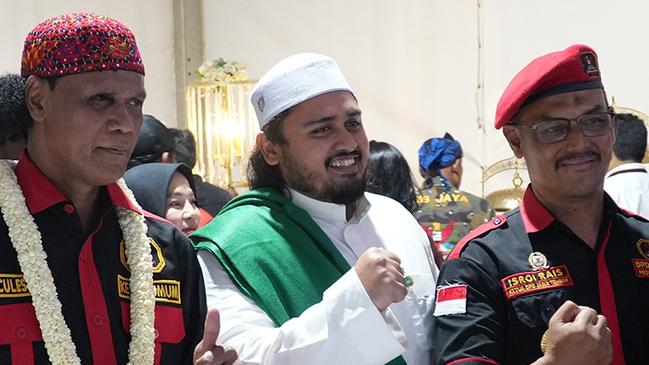
As Prime Minister Anthony Albanese prodded Australian businesses during a visit to Jakarta this month to show more “ambition” in their investment dealings with Indonesia, a fresh extortion scandal targeting foreign investors brewing on the edge of the megacity was about to seriously undermine that message.
The fact that a Chinese engineering company, involved in construction of a $US950m ($1.5bn) chemical factory declared a National Strategic Project, was being extorted for $US300m in “compensation” was embarrassing enough. That it came on the heels of a string of similar attempted shakedowns of foreign companies was mortifying.
But the real kicker was who was doing the shaking down; the chairman of the local chapter of the Indonesian Chamber of Commerce and Industry, the country’s largest and most-powerful business umbrella group with close links to government.
Barely a fortnight earlier Edy Soeparno, a senior MP from President Prabowo Subianto’s ruling coalition, revealed that Chinese electric vehicle producer BYD and Vietnam automotive manufacturer Vinfast had faced extortion at the hands of local thugs, known in Indonesia as preman.
BYD is building an EV plant worth close to $US1bn in Subang, West Java, that is expected to generate up to 18,000 jobs, while Vinfast is building a $US200m facility in the same industrial complex.
Such investments are critical if Indonesia is to achieve its aim of becoming a high-income economy by 2045. “There was a problem related to premanism that disrupted the construction of BYD’s facilities. The government needs to be firm in handling this problem,” Mr Soeparno said.
“VinFast has also reported there have been disruptions (by preman), but I have helped by communicating with (leaders in the) local area,” said Moeldoko, chairman of the Indonesian Electric Vehicle Industry Association and chief of staff under former president Joko Widodo.
The incidents provide a fascinating window into a clash of cultures between Indonesia’s deeply entrenched patronage networks of strongmen and their thug enforcers, and a modern corporate class seeking clear regulatory frameworks.
Preman (a derivative of the Dutch word Vjriman meaning free person not bound by a contract), with their alleged ties to political elites and law enforcement, are older than the Indonesian Republic itself, dating back to the Dutch era when local bandits and enforcers were co-opted to maintain control and extract wealth for the colonisers. But they could hardly be more counter-productive for a government intent on making Indonesia a global EV hub, and which needs billions of dollars in foreign investment to achieve that.
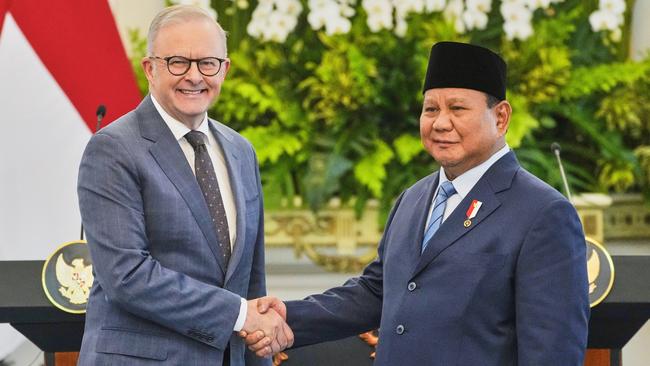
“Prabowo is presenting himself and his administration to the world in one way while the reality of how things work and all the super-predatory interests integrated into business and government … has risen to the surface with him winning the election,” says Ian Wilson, an Australian academic who wrote a book on the country’s preman culture.
Mr Prabowo, a former Special Forces commander, had been “deeply intertwined” over his political career with such networks and groups, many of whom were now feeling pushed out by international players and likely emboldened by his election victory.
“So they try to use an old tactic to get something out of them. In some cases it’s very clearly racketeering or extortion … and that really grates against the idea of a clear regulatory framework through which business can operate. It’s almost a clash of world views,” Professor Wilson told The Australian. “If you look at it from the perspective of a government trying to create a clear and friendly environment for foreign investors it’s a huge problem because it’s not just gangsters but a deeply pervasive way of doing things.”
Mr Prabowo came to power last October promising to deliver 8 per cent annual economic growth and 19 million jobs. To do that he needs to attract tens of billions of dollars in foreign investment every year of his five-year presidency. With such a big and ambitious economy on Australia’s doorstep, it’s little wonder the federal government is keen to foster more investment and trade engagement even as Australian businesses remain wary.
Yet Indonesia’s economy is going backwards – down to 4.87 per cent in the first quarter of this year from more than 5 per cent last year – while the number of unemployed Indonesians is on the rise.
Add to that the threat of US tariffs as high as 42 per cent and it’s clear the Indonesian government has a big issue on its hands.
This month it set up a “thug busting” task force, consisting of military, relevant ministries and military intelligence, to reassure investors, while a national police sweep in recent weeks claims to have arrested about 4000 people – mostly street-level guys running lucrative parking rackets across Indonesia’s gridlocked cities.
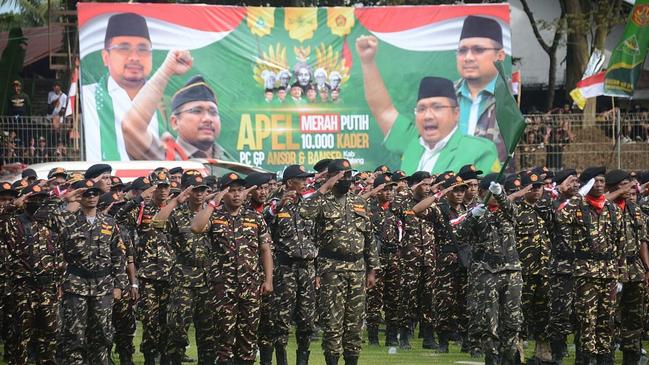
Parliament is also debating new regulations that will empower the executive to ban not just preman but any legally-registered ormas, a catch-all term for more than half-a-million civil society organisations across Indonesia that includes preman but also unions, religious organisations, political and human rights groups, that may engage in criminal behaviour. That raises a whole other set of concerns.
National Police chief Listyo Sigit Prabowo has said his team will “safeguard any government programs related to economic growth and investment growth”.
But many question how effective the latest measures will be given how entrenched these groups are in the country’s political and economic fabric.
Mr Prabowo is certainly not the first president to crack down on thug culture. In the 1980s close to 15,000 alleged petty criminals were wiped out in a months-longkilling spree the then military dictator Suharto (Mr Prabowo’s former father-in-law) would later describe as “shock therapy”. Bodies were left on the street, often with a 10,000 rupiah notein their pocket to cover funeral costs.
Eventually everyone got the message and there was a surge in memberships of the more manageable, pro-government groups such as Pemuda Pancasila, set up by a military commander in the 1950s and which later assisted in the 1965 massacre of some half-a-million communists and sympathisers that brought Suharto to power.
Among the most powerful preman these days is GRIB Jaya, an organisation set up in 2011 specifically to support Mr Prabowo’s Gerindra party. Its leader Rosario de Marshall, known as Hercules, is a larger-than-life figure with a fake eye, a wooden hand and an extensive criminal history, who has successfully turned his notoriety as a violent enforcer into “celebrity gangster” status.
Yet even Hercules, with his rumoured closeness to the presidency, is feeling the heat after a local chapter of GRIB Jaya preman stormed a rubber factory in Kalimantan last month, while another on the outskirts of Jakarta ran amok and set a police car on fire when authorities arrested its local leader for firing gunshots at a local business and injuring a worker. Hercules has since distanced himself from those chapters and launched a social media blitz to highlight his good works.
The Indonesian Industrial Estate Association estimates the disruptions caused by preman, including blockades, intimidation, extortion and demonstrations in industrial areas, is costing tens of billions of dollars in lost investment. The police response has proven so ineffective in some cases that investors have had to write directly to the President, it says.
“Investors are left wondering why it’s not being handled properly,” an association spokesman said, adding that a taskforce was not the answer. “They just want the existing ecosystem to function properly. Police should carry out their duties. If there’s a complaint, it should be followed up.”
Indonesian economist Nailul Huda is sceptical the crackdown will make Indonesia a more attractive destination for investment.
“(We have a) new president, but the same investment problems … a permissive culture toward corruption,” he told a conference in Jakarta last week, adding the “deindustrialisation of Indonesia is increasingly real”. “The main issue raised by the World Economic Forum regarding Indonesia is still corruption. Thuggery persists, both blue collar and white collar, from street thugs to officials. We are a high-cost economy. To build a $US10bn factory in Indonesia, it could end up costing $US15bn.”
As one of few English-speaking experts on premanism, Murdoch University’s Ian Wilson has found himself in high demand explaining the phenomenon. At a recent workshop in Jakarta almost all his audience were police, who are now under intense pressure to solve a problem with no obvious solution.
“It’s more about managing perceptions of what’s going on than fundamentally tackling a problem which in a sense is out of their remit because it’s so big,” he said. “They were very defensive and said it was hard because they had to uphold the law but at the same time maintain relationships.
“If they tried to shut down a group like Pemuda Pancasila that is a political bomb going off. They know the political networks these groups are linked into.”

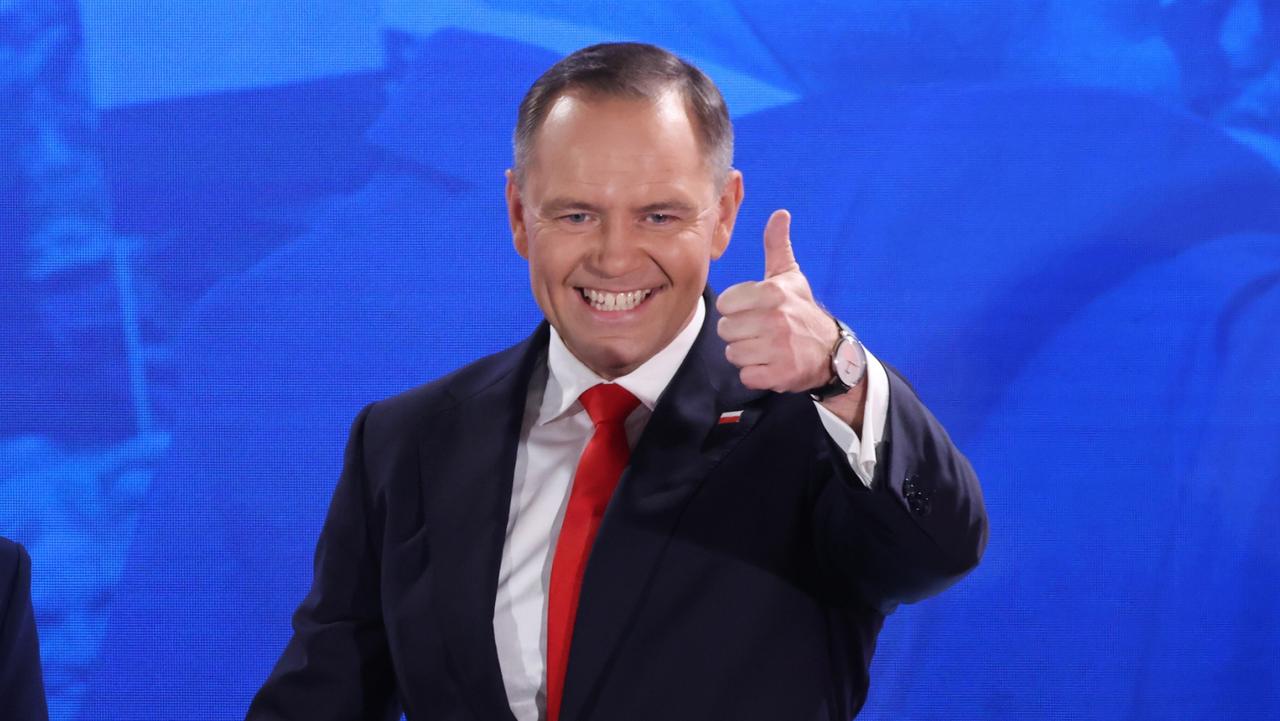
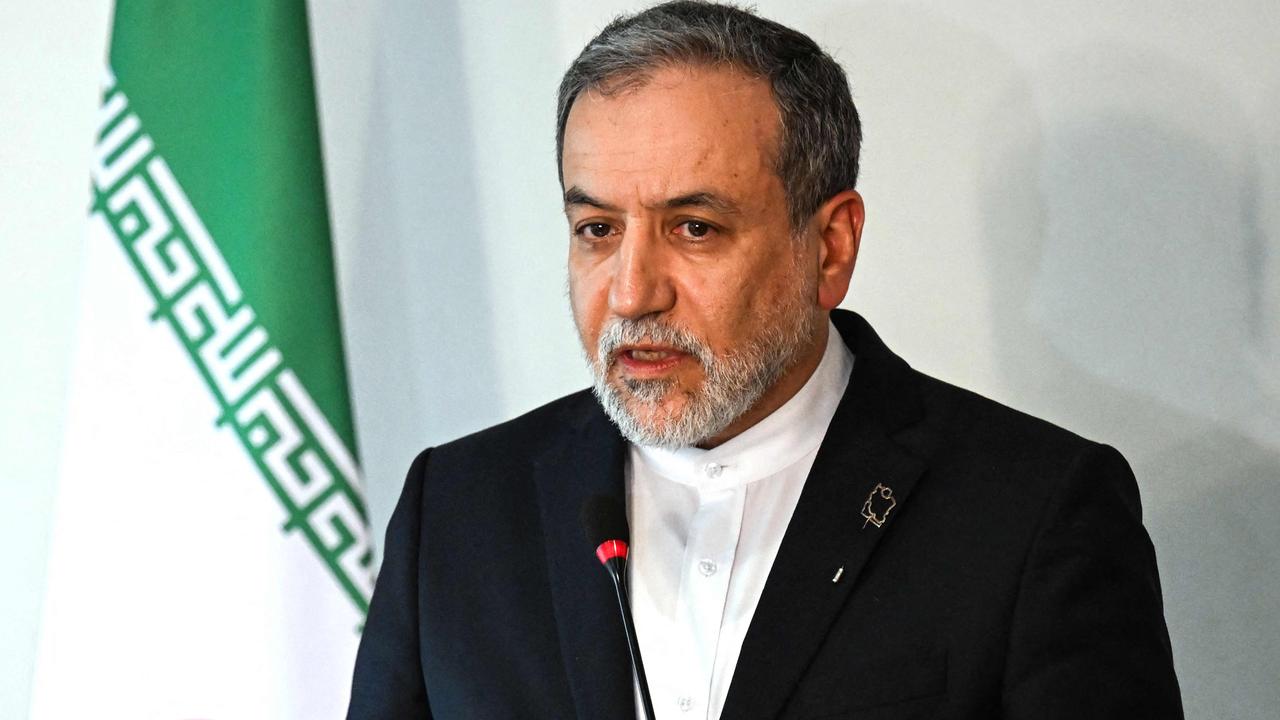
To join the conversation, please log in. Don't have an account? Register
Join the conversation, you are commenting as Logout